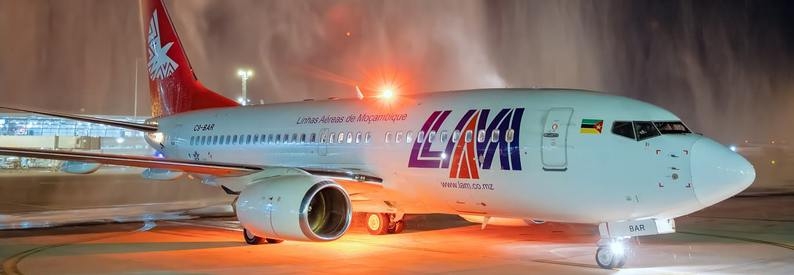Mozambique’s national airline questions Dane Kondic’s ability to fully commit to restructuring efforts amid regional board appointment
Mozambique’s national carrier, LAM (Linhas Aéreas de Moçambique), has expressed concern following the appointment of its management committee chair, Dane Kondic, to the board of Air Botswana—a rival regional airline.
A Dual Role Raises Eyebrows
Air Botswana recently unveiled a new board of directors, describing it as a diverse team of professionals committed to helping the airline meet its mandate. Among the appointees is Dane Kondic, a seasoned aviation executive and former CEO of Air Serbia, who also currently chairs the management committee at LAM.
While Air Botswana emphasized that the appointments reflect the Botswana government’s efforts to revitalise the airline, Kondic’s inclusion in the lineup has not gone unnoticed in Mozambique.
Conflict of Interest Concerns
LAM’s board has voiced unease about Kondic holding leadership roles at two airlines operating within the same regional market, raising the spectre of potential conflicts of interest.
Although the Air Botswana role is reportedly consultative, non-executive, and part-time, LAM’s leadership insists that Kondic’s focus should remain solely on Mozambique’s national airline, especially amid a delicate restructuring process.
LAM Calls for Exclusive Focus
At a board meeting held on 29 June, LAM reaffirmed that the position of management committee chair must be held on an exclusive basis to ensure complete focus on the airline’s turnaround strategy.
The board emphasized that full-time commitment is essential to achieve the company’s strategic objectives and guide it through ongoing reforms.
Kondic Agrees to Reassess
According to LAM, Kondic has acknowledged the board’s position, and discussions are currently underway to facilitate the implementation of this decision. It remains unclear whether he will relinquish one of the roles or attempt to balance both in a revised arrangement.
As both airlines navigate competitive and economic pressures in the southern African aviation sector, the outcome of these talks could have broader implications for cross-border governance practices in state-owned carriers.




